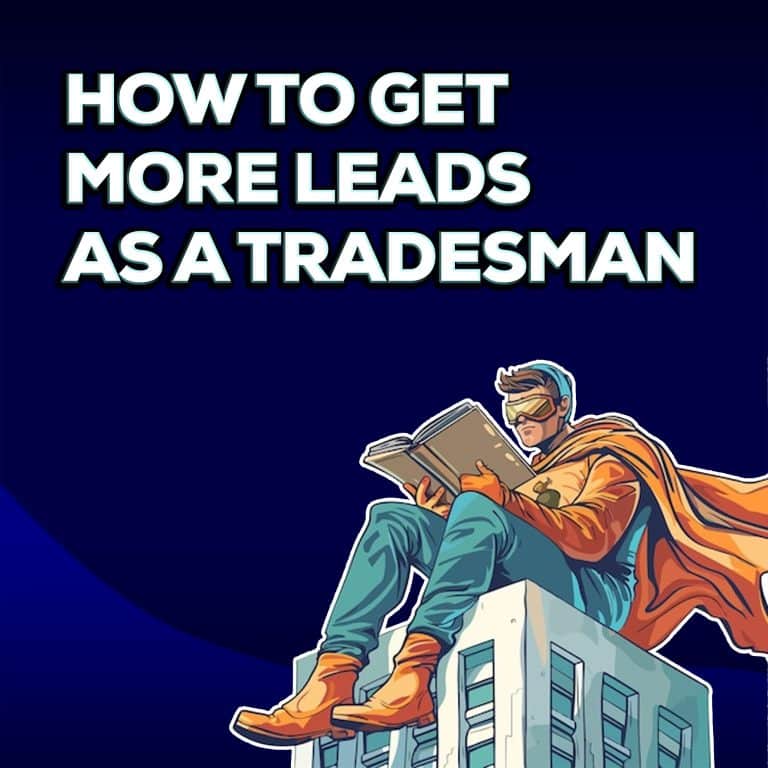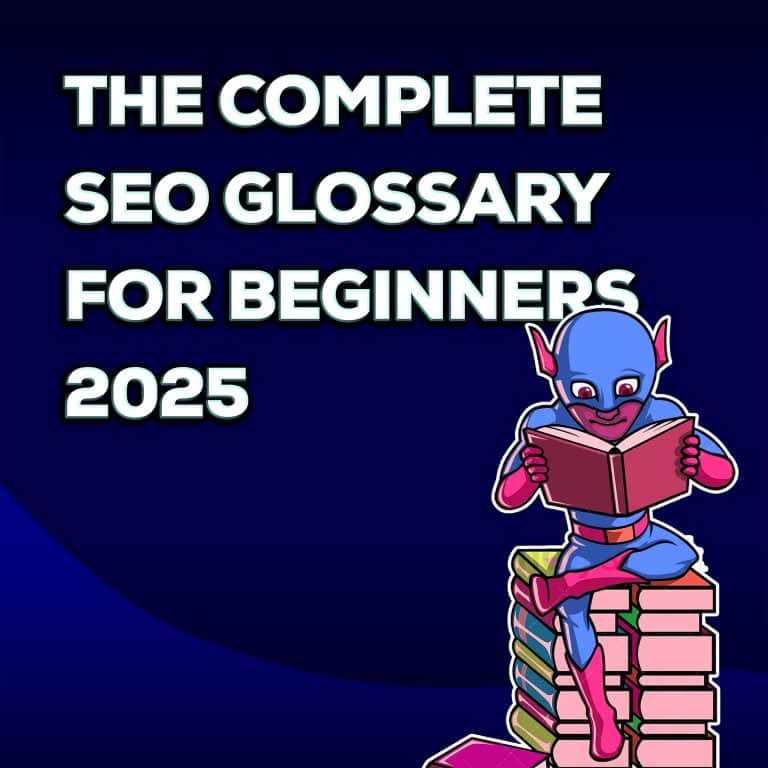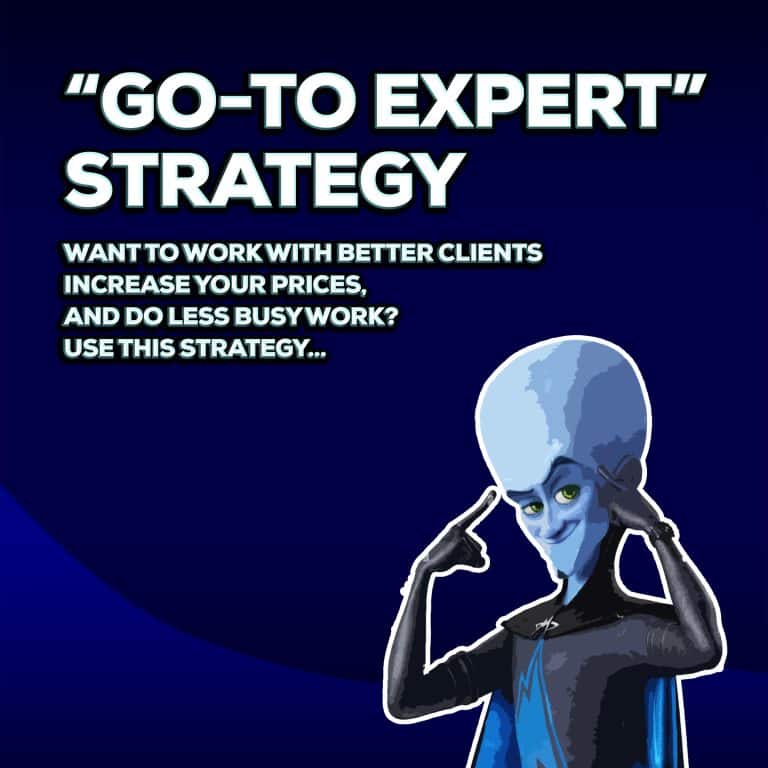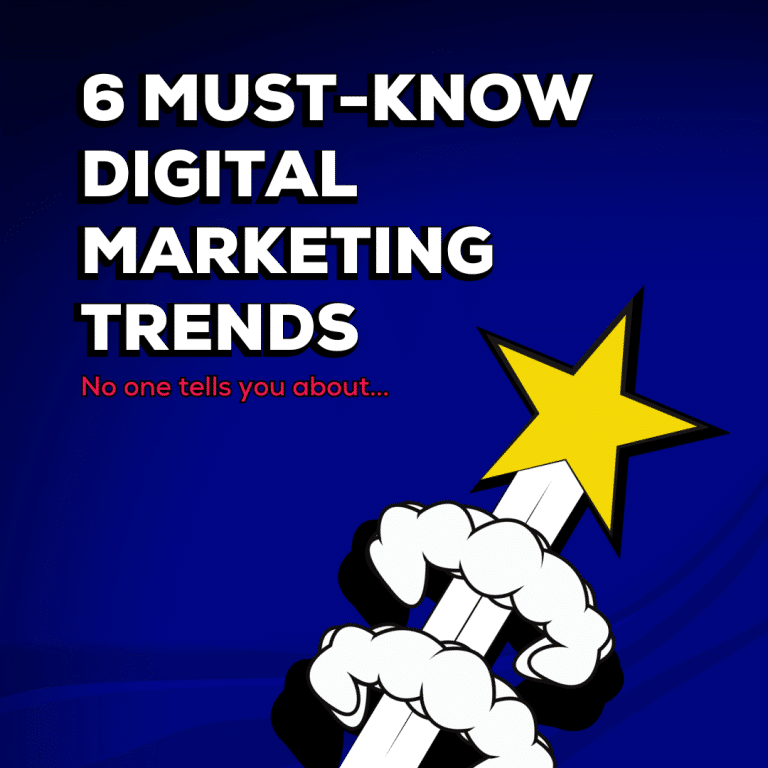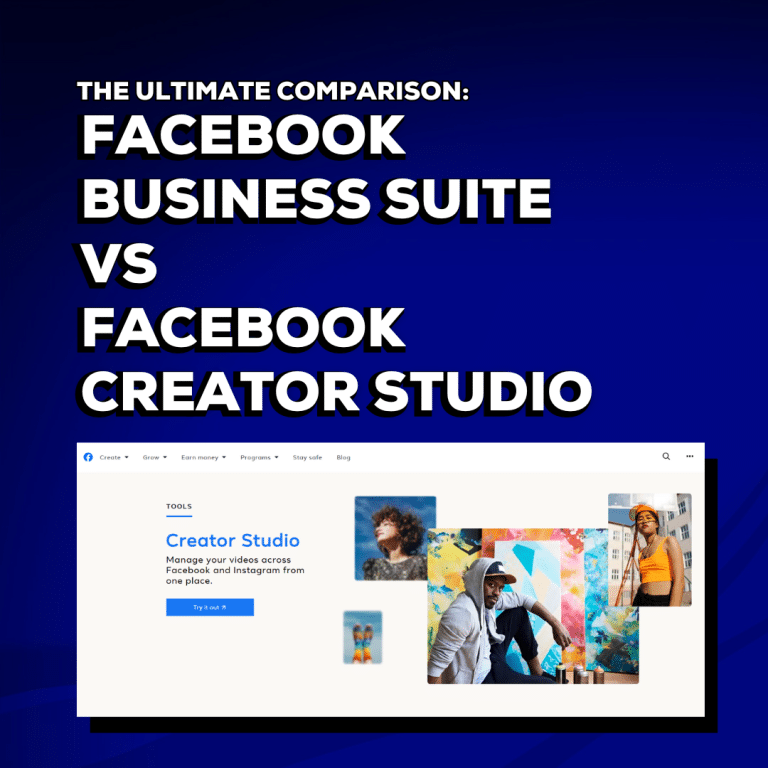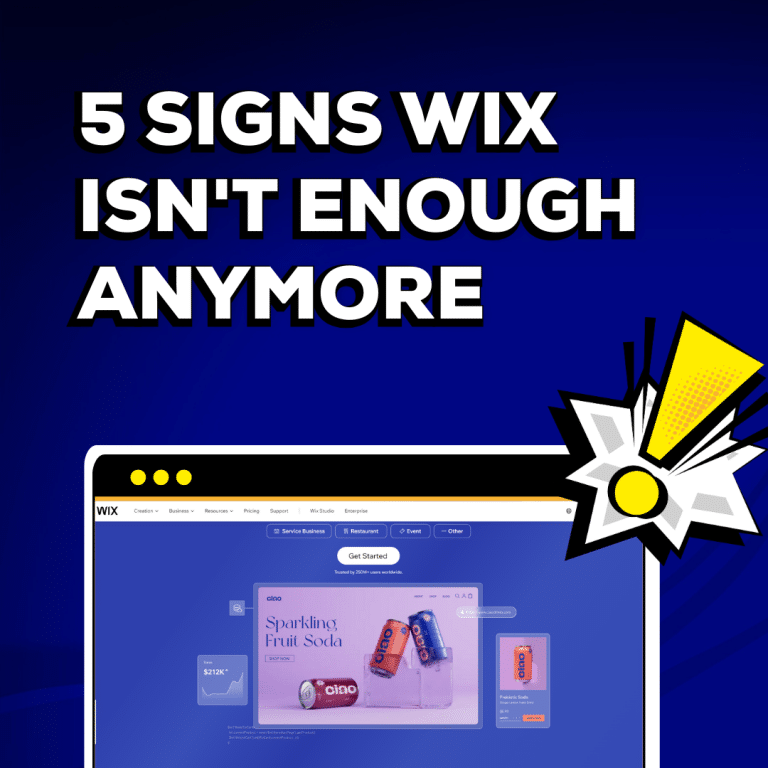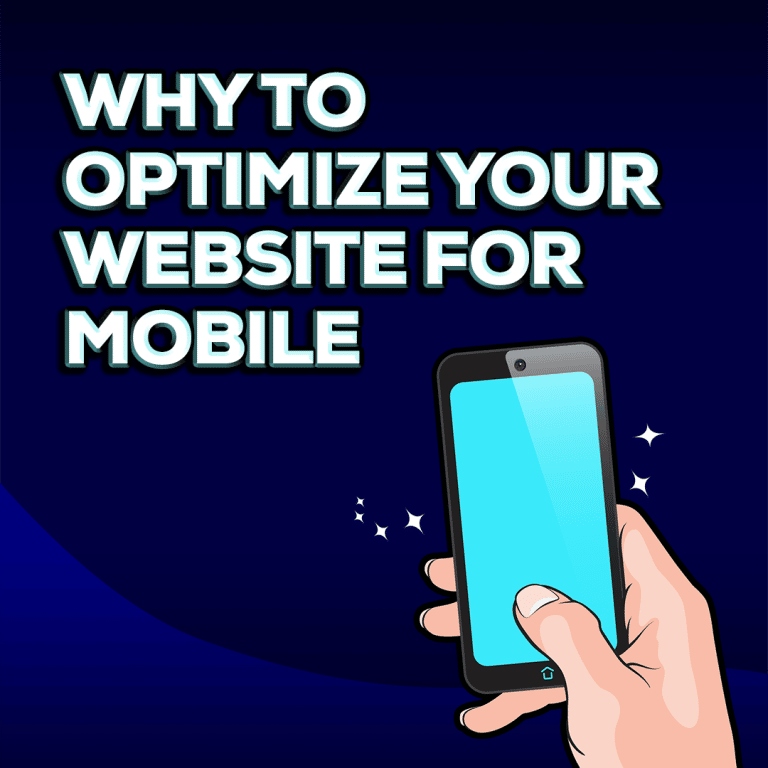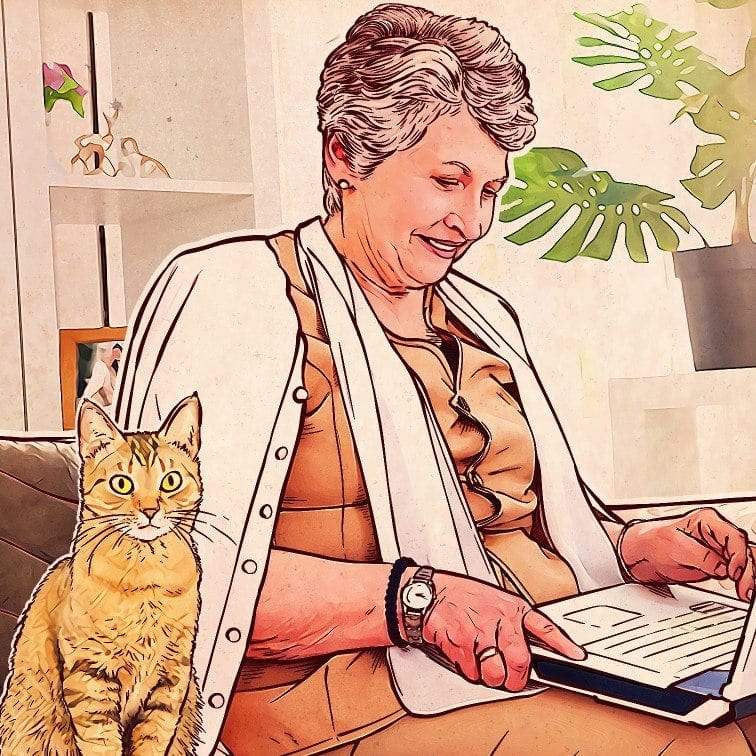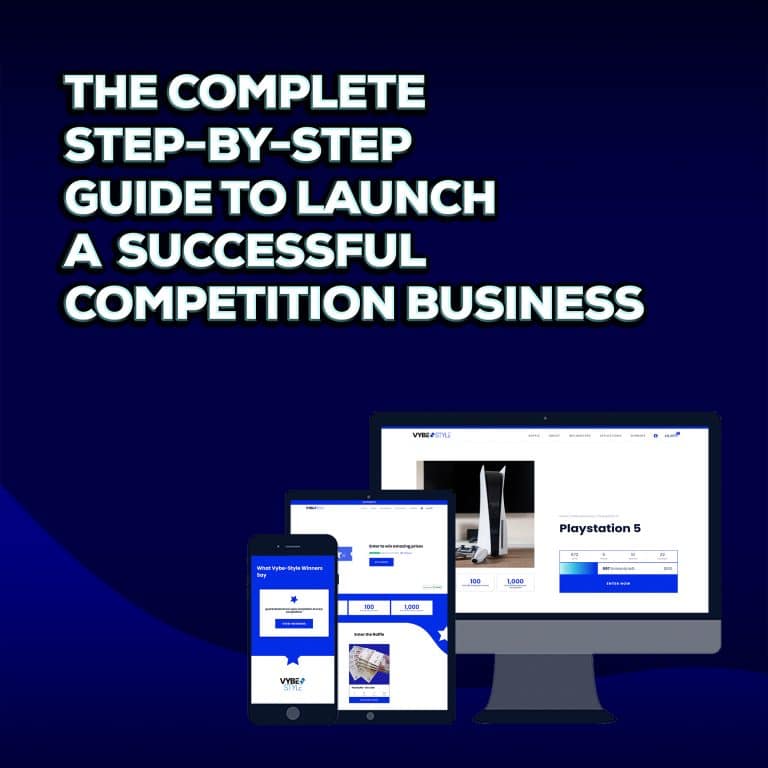Finding web designers you can trust can feel like hunting for a unicorn
So you’ve decided you need a new website designer for your business.
The problem?
Finding a good web designer is like finding a needle in a haystack.
Unfortunately, the web design world is full of digital cowboys, rip off merchants, and timewasters.
I’m a web designer myself, so I’m allowed to say this about us. 🤣🤣
It’s easy to pay a lot of money to the wrong person, and end up out of pocket, months down the line with nothing to show for it.
What you need is a way to reliably find a trustworthy partner who has your best interests at hear.
But with so many options out there for finding web designers, how do you choose?
Do you hire your niece who’s good at computers?
Find someone on Upwork?
Or pay big bucks for a fancy agency?
Your website is not just a page on the internet, it’s an investment which should help you grow your business on autopilot.
Your website is a salesman that never sleeps,
It’s your ceaseless cheerleader,
And the front window of your shop.
Basically, it’s important.
Finding the best web designer for your business is possibly THE most important thing you can invest in for your business.
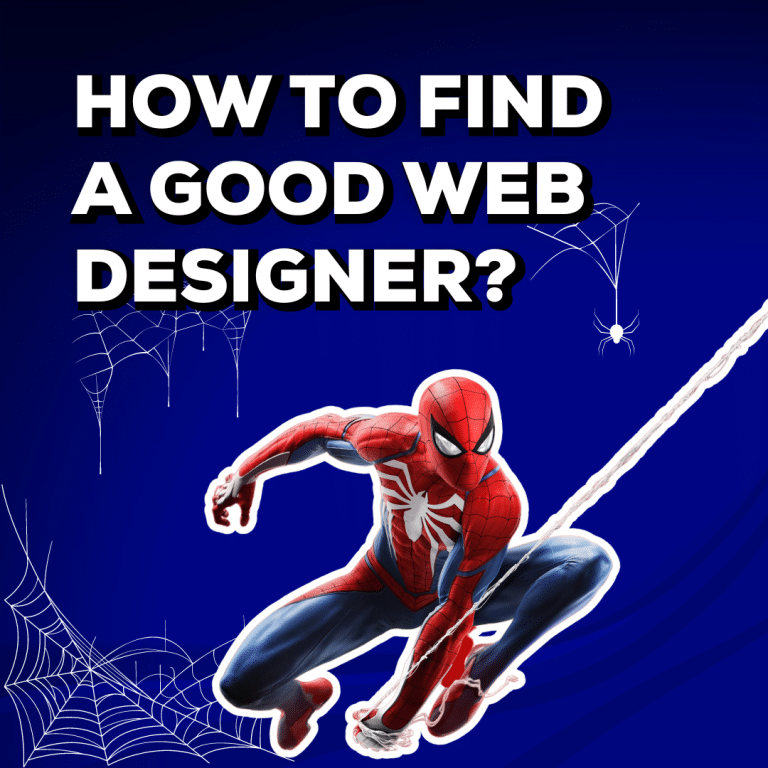
Here’s what I’ve learned about hiring web designers…
As the head honcho and founder of Design Hero, I am Nicholas Robb, coming from over a decade of experience in creating engaging and interactive WordPress sites. Beyond the mere aesthetics of a website, I also specialize in boosting start-ups to a six-figure success story.
Here’s what I’ve learned about hiring web designers,
So you can find the right person to grow your business.
Before you can build a website, first you have to know what you are building
The most common mistake I see people making is jumping in, and sinking huge budgets into web developers who set off at 100mph, but with no clear roadmap of what they need and what they want.
This is when expensive redesigns happen.
Before you can get a quote for web design, your designer must know what they are quoting for.
Web designers aren’t mind readers. It’s your job to tell them as specifically as you can.
The more specific you can be, the more accurate your quote will be.
If you want to avoid expensive surprises, don’t skip this step.
Here’s how to get an accurate quote for web design:
Defining Your Website Goals
This is where you lay out all the goals and objectives you want to achieve with your website. It’s important to know what you want to achieve with your presence – from increasing sales, building brand awareness, to increased engagement, setting your objectives will jumpstart the design process.
Identifying Your Target Audience
Knowing your audience is the key to what you want your website to be. Understanding who your website will reach lets you personalise and customise the design to make content that resonates with them. Do your research, know the demographics, and understand their preferences and pain points. Having a background of you want your website to reach helps you identify what can bring in more traffic to the site, maximising your investment and giving you a background of what your website should contain.
Determining Your Budget and Timeline
Last is – how soon do you want to get this done? Assess your timeline and the limitations of your budget to make sure that the results align with your resources. If you need the website done in one month, best believe that you will need a higher budget – web designing is not an easy process, nor is it something that can be rushed easily.
Wanting and having a high-quality web designer is an investment for your business, and like other business ventures, different resources are needed to achieve outcomes.
How to set a budget for web design projects
Your budget determines the quality of the output.
Of course, price is important,
What you’ll find is that you get a huge range in quotes when looking for prices for web design.
Why do prices for web design vary so much?
Quality
Just like any other product, with web design, you’ll get a different quality of service and product at different price ranges.
You can buy a Daewoo or a Bentley.
It’s not just the output of the design, higher budgets mean better communication, less stress, less busiwork, smoother process.
Location
The price will vary, depending on where your web designer is from in the UK.
If you get a quote from a web design agency in London, you’ll get London prices.
If you choose a web designer from Scotland you’ll find the rates are (on average) usually a little lower.
Similarly, if you choose to outsource abroad, you may find lower prices due to exchange rates.
But if you outsource to 3rd world countries, you also run the risk of running into poor players and bad actors,
Plus communication issues.
Experience
Don’t hesitate to pay higher rates for experienced web designers.
A specialist web designer with experience will be able to deliver a better result, and not only that, may do so quicker than a rookie web designer, plus they may bring other marketing skills to the table!
If your budget is too low, you will restrict your pool of web designers, to less talented people.
A cowboy will tell you what you want to hear:
“No problem, we can do your website for £5.
Then you’ll get a bag of 💩
An honest web designer will tell you when your budget is too low.
“Given your scope, I don’t think you’re going to get the results you want for that budget.”
Then you can adjust your budget and get a good result.
When it comes to any project – may it be web design, or even setting something up – budget is always involved. In this case, setting a budget for web design requires consideration from both ends, both the web designer and the business owner. This is to ensure you get what you need from your investment, and that your web designer is compensated for their efforts accordingly.
Be Realistic.
Know that web design is a process – it is complex and requires technicalities to fully be successful. While it’s tempting to aim for the lowest possible budget as it can save you some funds, investing in a quality designer upfront can save you time and money in the long run.
Understand How Additional Costs Work.
Web designers can present their base rates, but you have to consider the long-term needs for the website – domains, maintenance, and even technical updates as trends go by and your demographics change. Discuss this carefully, and avoid misunderstandings in the future.
Be transparent on budget
Be transparent and flexible when it comes to discussing how much you’re willing to spend on your project. When consulting a web designer, you should be clear about budget constraints, however, you should still be able to discuss how you can compromise. Don’t hesitate to ask and explore various offers.
Remember, investing in your online presence is an investment in the success of your business.
Essential skills to look for in a web designer
You’ve set your goals. Now, what do you need to look for?
Your web designer should not just an employee or a hired gun.
They should be an integral part of the project, an advisor, and a temporary partner.
So on the “soft skills” side of things,
Find someone who shares your vision and objectives. Make sure they know the ins and outs of design tools and technologies, to bring your vision to life. Check if they understand all your inputs and requests, and look for any signs of being unfamiliar with what you want to happen.
From the backend operation to actual design – you need someone who has skills with user experience and user interface, UX/UI. A keen understanding of user behavior, coupled with intuitive interface design, enhances usability and drives conversions. Lastly, SEO knowledge is essential to optimise website visibility and ranking on search pages.
Moreover, expertise in responsive design is essential for your website to reach different audiences and to get the message across. Make sure that your website functions are flawless when published, flexible across devices, and is adjusted to achieve maximum user experience. A responsive design offers consistency and better browsing experiences – along with opening the capacity to cater to different types of users, regardless of where they see your website from.
These skills collectively contribute to creating visually stunning, user-friendly websites that drive traffic, engagement, and conversions. Making this as the starting point of your journey in finding the right web designer can be the crucial point of an investment you are about to do, and it gives you the initial idea of who you want to have on your team.
Design Portfolio is everything
The most obvious question that many people forget to ask:
“Have you done this type of web design work before?”
You’re chosen web designer should have at least a few examples of similar websites they have created before.
Going through several applicants and their portfolios can be a repetitive process, but – trust me – you have to go through them and make sure that you’re looking for the perfect fit for your business.
Go through those different portfolios and identify the key factors that stand out and what information is interesting based on what you’re looking for. This is the start of a decision-making process. Here’s how you can do it:
Examine Previous websites
Take a closer look at the content of their previous work to identify their style, creativity, and proficiency. Look specifically toward the diversity of projects and how well they align with your needs.
Find Client Testimonials and Reviews
Look up what feedback they have. Feedback and reviews are valuable insights into their professionalism, communication skills, and ability to meet deadlines. Positive feedback from satisfied clients is a strong indicator of reliability and customer satisfaction.
Identify Industry Relevance
Lastly, how relevant is this to the industry you’re in? Identify whether the designer has experience dealing with your industry, know their familiarity with different trends, and make sure that they understand the different terms specific to your business From there, it can influence the success of your project.
Note:
Your web designer doesn’t HAVE to be a specialist in your niche, many design skills are transferable across niches, but if you can find a specialist for web design in your chosen market sector it may help.
Checking for this information can help you narrow down your search and bring you closer to the goal of elevating your business.
Vetting your web designer
When it comes to finding a professional web developer for your project, doing your research is crucial. I can’t stress this enough. You should know more about who you’re looking to hire, and who you want on your team. However, research is not limited to that – it can also refer to how your recommendations are available.
Here are some key strategies to consider:
Ask for Recommendations
Ask recommendations from your business partners, employees, or even your friends. That way, you get a better insight into referrals or recommendations that have proven work impressions from people you know. Check if they have their own referrals that have significantly helped them to achieve new heights for their business.
Check for Reviews
Next, check for their ratings. May it be through the platform you found them on, or what’s posted on their page, you must make sure to pay attention to the positive and negative feedback they have. Know how consistent they are and immediately identify what areas of improvement are seen.
Check their Social Media Presence
Lastly, check their social media presence. What types of posts do they share? Do they interact with anything controversial, what stands do they take place in? A look at their Instagram page can let you take a look at their own style and aesthetics, seeing how they interact and what type of personality you’d be working with.
Consider factors such as expertise, communication, and compatibility with your project goals to ensure successful collaboration.
Communication and Collaboration
Having an effective system of communication and collaboration is the foundation of a successful web design project. You have to communicate your vision, make sure they understand it clearly, and collaborate on work that needs to be done for improvement.
Being a web designer necessitates communication – from regular check-ins and updates to setting clear expectations, communication upholds transparency and alignment – providing a better outcome to the process being done.
Aside from this, both sides have to understand the design process. You can’t simply layout what you want and leave the ideation to the web designer. Educate yourself on the different stages to manage your expectations and create a collaborative atmosphere between you and the designer. Give feedback, provide comments, and create a better relationship.
As every website goes, it needs maintenance. Availability and responsiveness are both factors that are needed to meet project deadlines. Addressing concerns and being accessible or easy to communicate with shows not only professionalism, but the dedication needed to uphold the value of your business.
Effective communication involves actively listening to feedback and incorporating it into the design process. In pursuing web design, the connection between effective communication and collaboration forms the foundation of your project’s success. This is how you establish the delivery of feedback – an element that is needed to properly adjust to maintenance needs and meeting deadlines, which enhance the total value of your project.
Web designer red flags
When searching for a web designer, it’s crucial to keep an eye out for red flags that may indicate a partnership that would be stressful rather than helpful.
Unfortunately, digital cowboys are always seen in web design – no matter where you look for.
My advice? Be on the lookout. Here are a few things you should pay attention to:
Communication.
You’ll know when they don’t speak like a human being – are their responses automated? Do they have to clarify technical jargon that’s commonly used in web design? That’s the first red flag you’ll find – the way they communicate and what knowledge they know of. Another thing is – are they rushing to speak to you? Be careful. this could lead to lack of commitment. They may be more interested in closing a deal that making sure you get what you went.
Pricing.
Do they just send over a price list, without knowing your expectations? This alone indicates a lack of attention to detail and may lead to unexpected costs down the line. A partnership starts from transparency, and rushing to pricing immediately is a red flag you must be well-aware of.
Lack of Interest.
Do they make an effort to clarify what you want to achieve? Your ideal designer should be able to understand your objectives and how they can help your website achieve that.
Questions to ask your web designer
Your web designer can easily be your new weapon, if you know how to handle it properly. You yourself should be aware of what you want – you should know the specifics you’re looking for to make sure that the web designer you’re looking for has a full grasp of what you want.
Here are some key points to know, and some points to ask your web designer:
Budget.
Ask for transparency – take note of their pricing structures – is it done per project, per line of code, or per site? Identify what additional costs can build up, and the inclusions of their service. Understand the financial aspect of your project and set your expectations right there and then.
Requirements.
What’s their initial take on your business website, and what do they need to know about you? Clarify and state your requirements. Give them an overview of the results you want and how they can meet your needs.
Content.
Who deals with the content they need? Discuss what both ends need to create a website that is best for your business. Know the sizing, dimensions, and even the palette you want to set. Being prepared with necessary materials such as logos, brand guidelines, and relevant information streamlines the design process and ensures a smooth workflow.
Style.
What design do you see is common in their work? Discussing design preferences and aesthetics helps ensure the final product reflects your brand identity and resonates with your target audience.
Achieve your vision effectively and get the best out of your investment.
Here’s a checklist that will help you evaluate your web designer shortlist:
❌ Do they speak like a human being?
❌ Do they just email you a price list without scoping up properly?
❌ Do they ask about your long term business goals?
❌ Do they ask about your marketing strategy?
❌ How long do they spend on the phone with you?
❌ Are they realistic about timelines and budget, or do they just say “yes” to everything you say?
❌ Is their portfolio real, and convincing?
Asking the right questions will help you evaluate if a designer has the necessary skills, experience, and process to successfully complete your project.
By remaining on the look out for these red flags, you can avoid headaches and make sure that you find a web designer who is invested in your success.
Your options for finding web designers
uhuh…
Just going to be honest here and say I take about x5 calls a month from people who have asked their daughter / their pal / the man from the pub / their dog to design a website, and discovered that it’s more complicated than it looks….
That is, if you want something that doesn’t look like a dogs dinner 🤣
Even if your mate/pal/dog is a good web designer….
Don’t hire them.
Many problems occur when the relationship crosses from friendship to business.
I’ve seen many people fall out over it
Web design freelancers
Your two best options are freelancers or agencies.
great freelancers out there,
but just be wary many can be unreliable
Web design agencies
Another option.
Large agencies may charge large prices,
and they may also simply be outsourcing the web design work to designers in 3rd world countries
Hire internally
You can hire a web designer, but it won’t be cost effective unless you hire for a short period of a few months, or plan to launch websites reguarly.
Outsource
You may also try outsourcing yourself, but unless you are already technical and understand project management or web design I don’t recommend it, as it will be more trouble thatn it’s worth.
The best platforms for finding web designers
You know what you want, how you want it, and now you’re on the move to look for your ideal web designer. The first question you have in mind is – where can you start looking? In fact, there are several platforms that are available to look for your ideal web designer, and let you see your options.
Here are platforms you can consider:
Upwork.
Given that it is a famous platform, this is where you can find a wide range of applicants that suit your needs. It can give you different tools that differentiate candidates, and it can even provide you with security on your payments, holding them in escrow.
Fiverr.
While Fiverr is an affordable option, beware – there are several digital cowboys that can be found here. This is where the saying you get what you pay for comes in. When looking through Fiverr, know to be more cautious and on the look out for unreliable designers that can deteriorate the investment you’ve setup, rather than helping you grow.
People Paid by the Hour.
In one word – no. It has a lower quality of talents compared to other established platforms. Make sure you check all your options before resorting to this. As I mentioned, website designing is a process, and there is no telling how long it can take you.
By carefully evaluating your options and selecting someone who aligns with your values, you can create a successful collaboration.
Web design brief template
Creating a comprehensive web design brief is essential to align your business and your branding altogether, allowing your readers to take a look and identify you immediately just at the first glance.
Here’s how you can guide yourself through the process:
The Brand.
Include information about your business – what you do, what you cater to, and what you can offer. Indicate your main goals and objectives not just for yourself, but also what you want your audience to achieve with you.
What You Need.
Specify the functional requirements of the website, such as the number of pages, desired features, and any special considerations. This builds your website to be interactive and creates a better understanding for website visitors.
Your Reach.
This is where you describe your audience as if you were referring to only one. Define your target audience demographics, preferences, and behaviors. Understanding your audience is essential for tailoring the design to their needs and preferences.
The Visuals.
Now this, is the face you want your caudience to see. Maximize your content by ensuring it is engaging, relevant, and optimized for search engines. Put in pictures that catch your eye.
By following this web design template, you can provide your designer with the necessary guidance to create a website that effectively represents your brand.
Here’s how to scope up your web design project for a quote….
Web designers and developers
This is the ultimate start of your journey to make your website beneficial for your business – knowing what you need.
Do you need web design or web development?
Understanding the difference lets you see through the different skill sets and responsibilities.
Web designers focus on the visuals and the aesthetics you need to make your website functional. They create the layouts, the presentations, and the color scheme of your website. Basically, they beautify the face you put in front of your audience.
Web developers, on the other hand, are aligned with the technical inclusions for your website. They make the program, work with the codes and scripts, and translates the design into the website you need. Moreover, web developers also dive into the technical complexities of creating programs and manipulating various codes and scripts to put your website into place.
So, how do you know which one you need? If you’re concerned with the look of your website, you’ll need a web designer. If your focus is on the functionality, a web developer is the right choice.
Ultimately, understanding the roles and responsibilities of web designers and web developers is essential for making informed decisions and ensuring the success of your website project. If you need advice and guidance on this, you may also want to consider a WordPress consultant.
Identifying your priority — whether it be appearance or functionality — guides your choice. The comprehension of the two different roles is essential for you to make informed decisions, ensuring the success of your website.
Why to use WordPress for your website
You’ve found the web designer you want, and you’ve gone through all you need to cover.
Now, you’re at the peak of your project – getting into creating what you’ve set in place. I’m sure your first question is – what website do I use? What options should I go for?
My recommendation? Build your website on WordPress.
WordPress has become the go-to choice for businesses when it comes to building a website, and for good reason. Here’s three reasons why:
WordPress Functionality
I’ve built WordPress sites with functionality from online booking, gated membership content, ecommerce shops and more.
Flexibility and Accessibility.
A good developer for WordPress accommodates all the changes you need – from providing themes to integrating plugins, giving you the chance to ensure full customisation, allowing your brand identity to be reflected through the website.
User-friendliness.
WordPress lets you navigate freely without needing an expert to manage your website. It lets you update content and add them along the way through its interface, empowering your business to stand on its own website and lessens the cost for potential maintenance.
WordPress can empower different business owners to be able to take control of their online presence from their own pace, not necessitating the need of hands-on interventions of your web designer – which can lead to less costs, especially with your own knowledge on the web design itself.
As your business grows, your website can easily scale with it. With WordPress websites, you can create a professional website that evolves your business, and bring in profit as needed.
Choosing the best web designer FAQs
Still asking yourself how you can choose the BEST web designers?
Here’s what you should consider:
You may ask, do I need to hire a local web designer?
To that, the simple answer is no.
Web designers can work remotely and flexibly.
You just have to make sure that communication is streamlined and clear for both ends, and that they are given your trust and freedom in providing an output that is set to improve your business.
Next – should I pick the cheapest web designer?
It may seem ideal, but it is not generally advisable.
Having a high-quality website is an investment – it is not something that comes and goes. While cost is a factor, prioritizing value over price ensures you receive a high-quality, effective website that delivers results.
Now you have to consider long-term achievements and the return of your investment.
You’ll need more than just web design
Looking for a web designer in Scotland doesn’t limit you to just looking for the sole web design aspect. Moving into a digital world, businesses start to require more and more efforts into digital marketing and gaining their clients.
Here are key areas where your web designer should excel:
Copywriting.
This is where the magic happens – this is how you get your audience to read and be able to interact. A skilled web designer should have copywriting experience, if not proficiency, to create relatable content that resonates with your identified audience.
Search Engine Optimization.
A website is only valuable if it can be found by your target audience. The web designer you choose should be able to understand basic SEO strategies, and integrate them to initiate your website success.
Conversion / Sales
Your website is a sales tool – believe it or not! The web designer you choose should be able to understand how it can be altered to start engagement and initiate sales strategies.
Digital Marketing.
A web design is nothing if it doesn’t deliver leads. Here’s how digital marketing comes in. Your web designer should be able to align your website design with your strategies, ensuring coherence and effectiveness across all digital channels.
The right web designer will have expertise across all of these areas, or work with specialists in each area, to create a complete digital solution for your business. A website that looks nice but lacks in these other aspects will struggle to perform well. Knowing the full scope of your website and what you need to fully be able to market it gives you major control on achieving what you want and leading your business to success.
About the author
Hey hope you enjoyed the guide!
I’m Nicholas Robb, head honcho at Design Hero.
I’ve been building WordPress sites for over ten years, and help launch successful 6 figure startups all over the world. I specialize in optimizing WordPress websites for maximum conversion and profit for your business.
Whereas most web designers focus on pretty pictures, I take a cohesive view across Design, Copywriting, Conversion, Lead generation, SEO, Speed optimization and more, to make sure that your website delivers results.
Because a pretty website that delivers no leads is like a ferrari with no fuel:
It might look, but it’s taking you nowhere…

